I chose being deaf because I don't think I would want to be in a world of darkness all the time. I could still communicate with sign language, written language, and body language.
Which one I would least likely choose was an emotionally difficult decision, even though I knew it was a hypothetical question. My choice was intellectual disability and it was hard to admit that because I have a daughter with that diagnosis. How could I say I wouldn't choose the disability my daughter has when I advocate for her? It made me feel guilty.
As I mentioned in my post about expectations, having an intellectual disability does bring with it limitations. There are limitations to what a person with ID can comprehend and this also puts limits on living fully independently.
It is no secret that people with disabilities are the most marginalized minority group, and I imagine people with intellectual disabilities make up the larger percentage inside the disability community.
People with disabilities are at greater risk for being bullied, taken advantage of, abused, and assaulted (80% of females with intellectual disability will be sexually abused in their lifetime). They have a higher percentage of being not only unemployed (unemployment rate twice as high as general population), but underemployed as well. If they are employed there is a law that says they can be paid with no limit of a minimum wage; some people with disabilities are employed in shelter workshops for twenty-two cents an hour. (See: Slave Wages For The Disabled).
Marginalized. Looked down on. Put down. Made fun of.
They are marginalized in schools as well. Do you know how many news stories there are about a parent putting a hidden recorder in the backpack of their child with a disability only to listen to it later and hear the teachers or assistants yelling, berating, verbally/physically abusing their child?
Or stories of unconventional punishments that are only happening to students with disabilities?
Here is a recent story that made my head spin, even worse is the reaction from the other adults in the school. Frankly it pissed me off and I don't know this child.
The headline quote: "It was heartbreaking to see my child separated and wearing a trash bag."
Her 5 year old is non-verbal and epileptic which causes saliva to drop on his clothing. Despite his mother providing extra clothes and plenty of bibs, this teacher thought a trash bag would be an appropriate way to deal with his saliva.
How is this even acceptable!? What makes it even more frustrating and infuriating is that something like this would not fly, much less happen, with a typical student. No one would think of putting a trash bag on a typical student so why is this type of treatment allowable for students with disabilities?
When this mom brought her son to the office, still wearing the trash bag, to file a complaint, administrators asked her "...if it was the bag's appearance that bothered her about the situation." The bag's appearance?! How about the fact that it's a trash bag put on the child like a pullover? How about humiliation and degrading and unsafe?
Another official informed the mother that no where in the school's guidelines is it written that a teacher cannot put a trash bag on a student. Of course it's not in the guidelines because no one ever thought they'd encounter a situation where a teacher would think to put a trash bag on a student! There are a lot of things that aren't in the guidelines of what a teacher cannot do, and aren't needed in the guidelines because, hello, common sense?
They thought this was ok to do with a student with a disability because society marginalizes those with disabilities. Society reduces those with disabilities to less than and reduces them to a stereotype with no individuality or personality of their own.
Every single person with a disability is just like every single person without a disability - different from one another. We all have the right to be treated with decency and respect and humanity.
People with disabilities make up the human race and don't need to be pitied; the very essence of their being doesn't need to be marginalized so much so that adults think it acceptable to make a student with a disability wear a trash bag.
 Grab This Button
Grab This Button













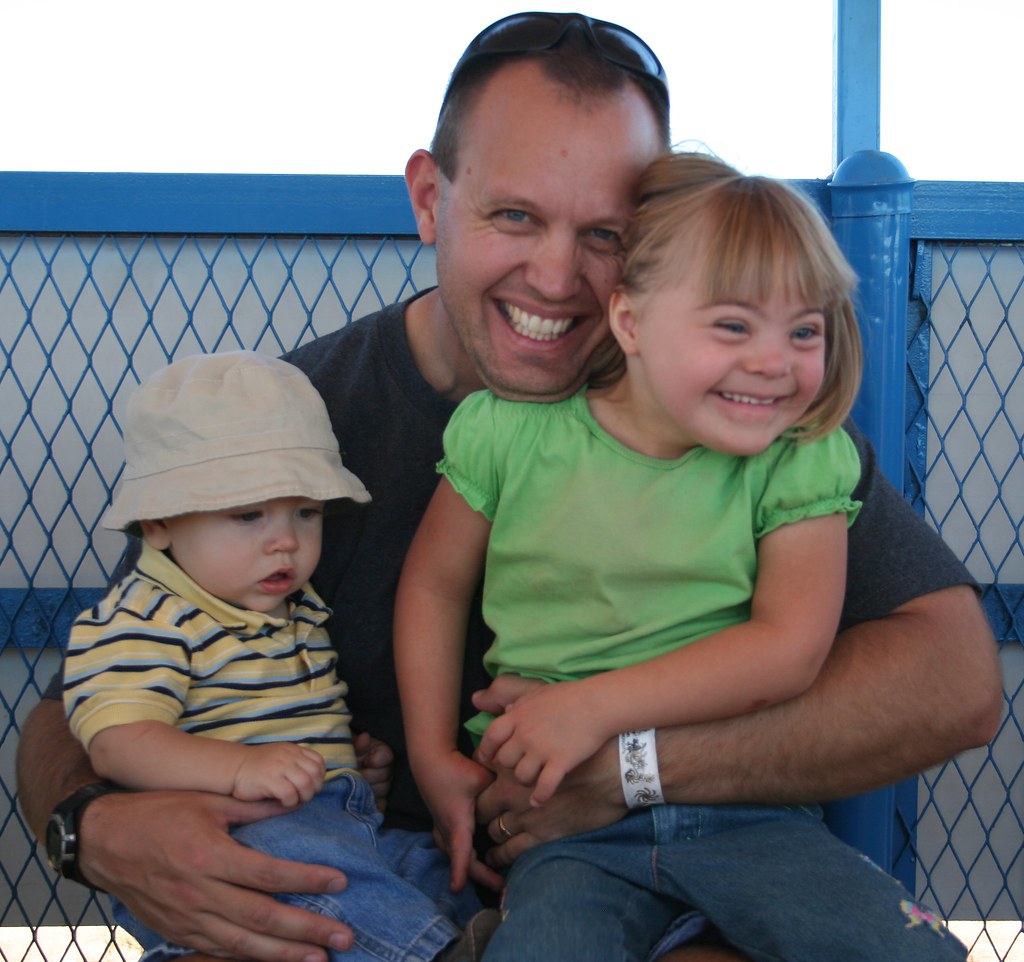






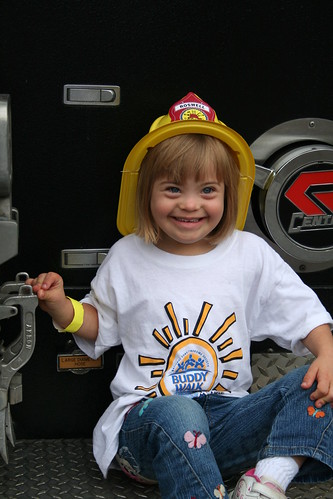
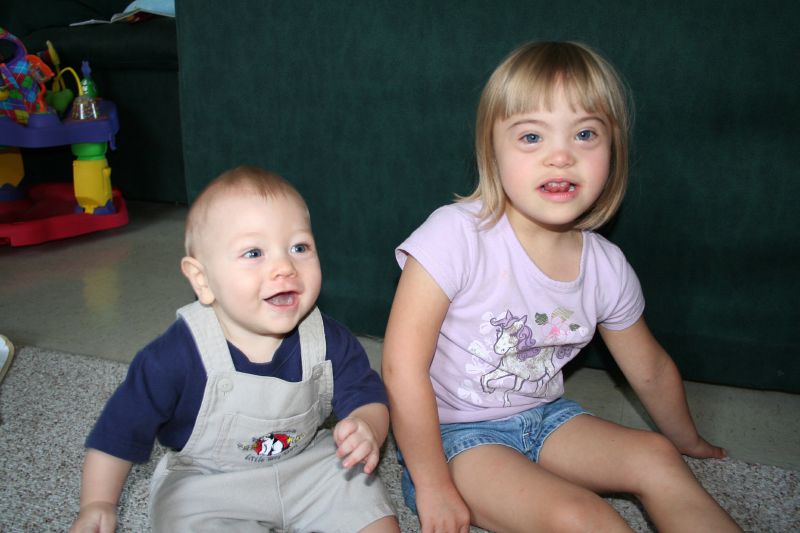







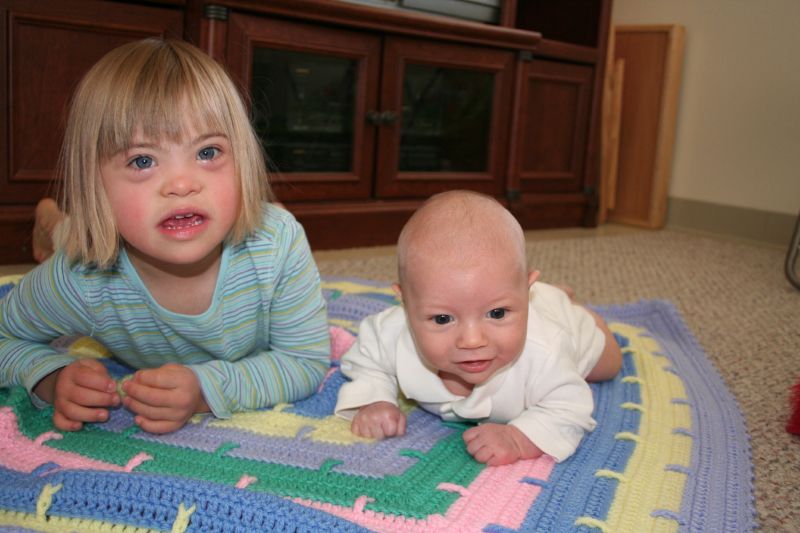
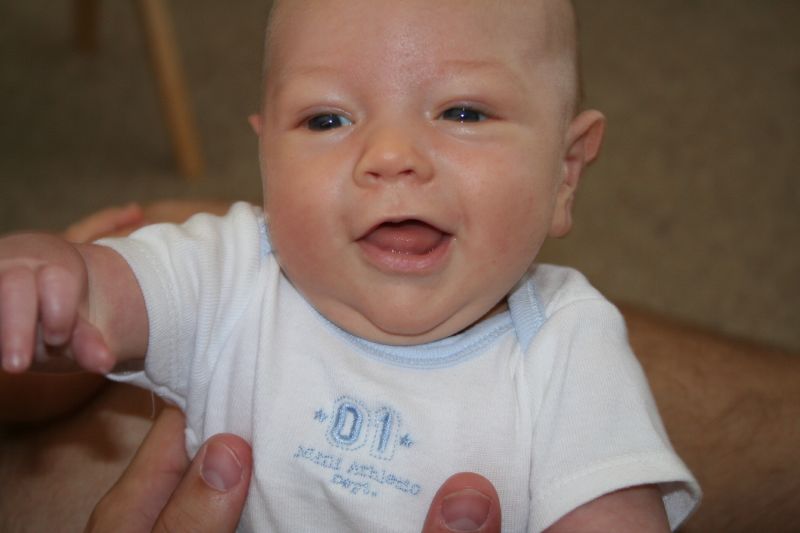


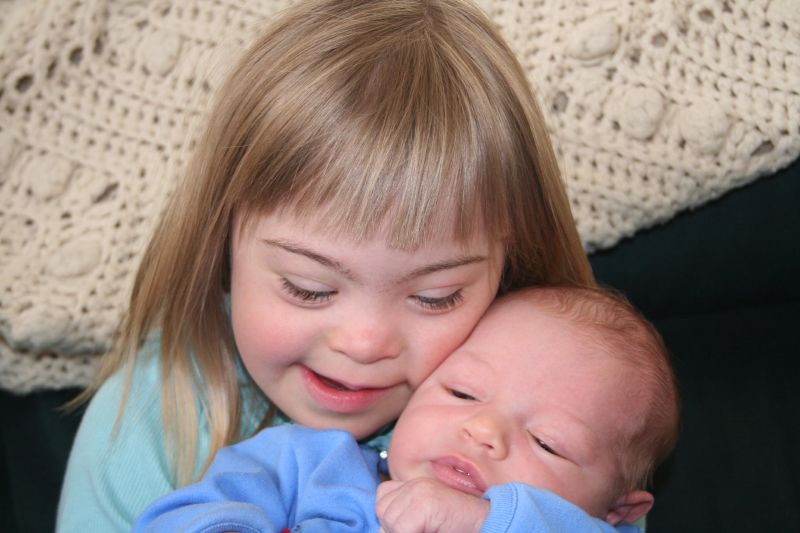


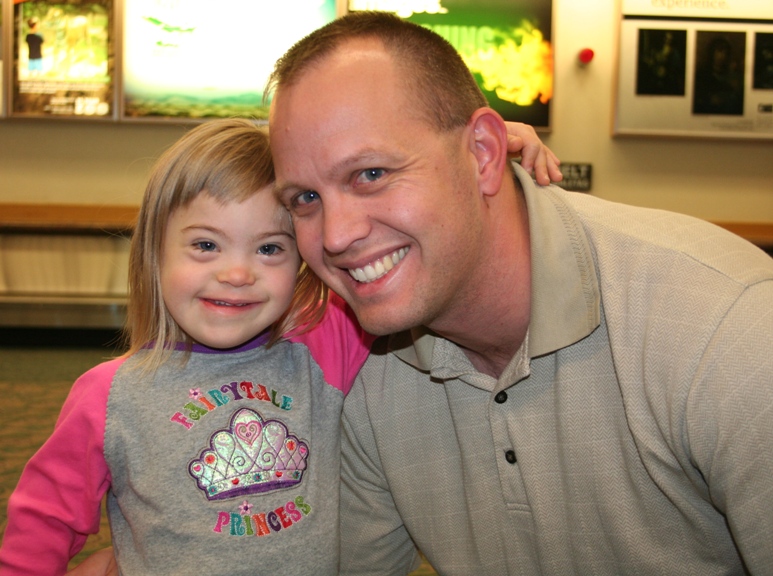

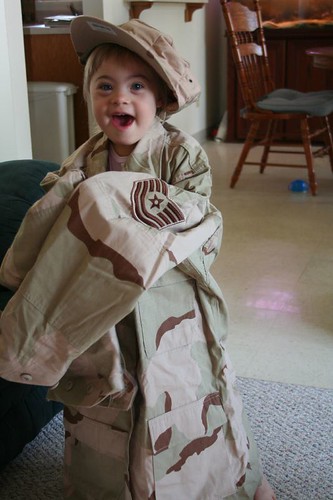

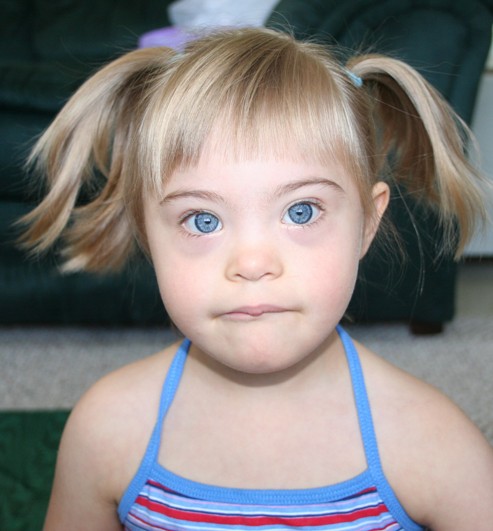
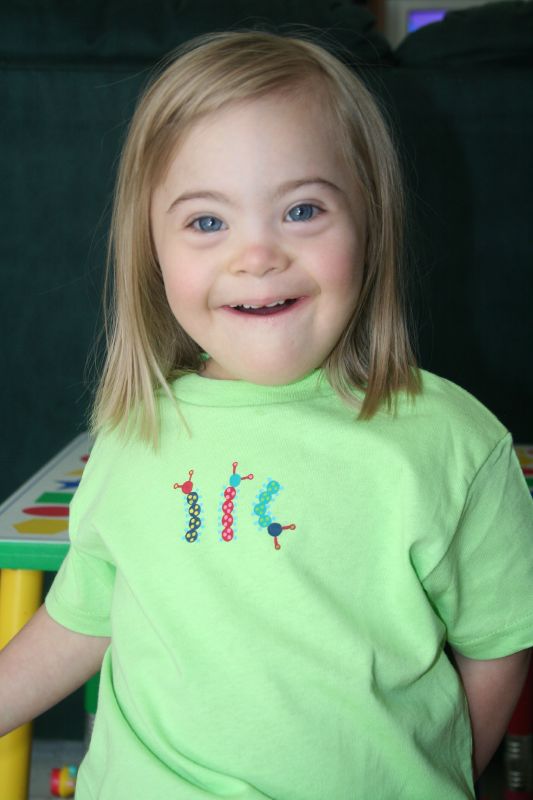








1 comment:
Well said.
Post a Comment